![]()
![]()
![]()
Use LEFT and RIGHT arrow keys to navigate between flashcards;
Use UP and DOWN arrow keys to flip the card;
H to show hint;
A reads text to speech;
66 Cards in this Set
- Front
- Back
|
fine movements
|
corticospinal movement
|
|
|
voluntary movements that are not fine
|
rubrospinal movement
|
|
|
head/body orientation in response to tactile, auditory, visual stimuli
|
tectospinal movement
|
|
|
stabilize movement on uneven surfaces
|
reticulospinal movement
|
|
|
head/body orientation in response to gravity and momentum
|
vestibulospinal movement
|
|
|
cerebrum/cerebral cortex
|
corticospinal origin point
|
|
|
red nucleus (midbrain)
|
rubrospinal origin point
|
|
|
superior colliculus (midbrain)
|
tectospinal origin point
|
|
|
reticular nucleus (pons and medulla)
|
reticulospinal origin point
|
|
|
vestibular nuclei (medulla)
|
vestibulospinal origin point
|
|
|
pons
|
crossing point for face in corticospinal pathway
|
|
|
medulla (pyramids)
|
crossing point for foot and hand in corticospinal pathway
|
|
|
medulla (dorsal column nuclei)
|
crossing point for foot, body, and hand in DCML pathway
|
|
|
pons
|
crossing point for face in the DCML pathway
|
|
|
thalamus
|
synapse in the cerebrum in the DCML pathway
|
|
|
medulla
|
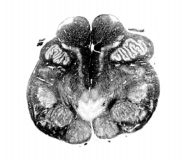
|
|
|
midbrain
|
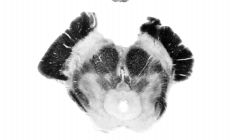
|
|
|
pons
|
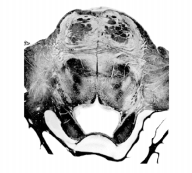
|
|
|
middle cerebral artery
|
area affected by global aphasia/aprosodia
|
|
|
Wernicke's
|
area affected by sensory aphasia/aprosodia
|
|
|
angular gyrus
|
area affected by conduction aphasia/aprosodia
|
|
|
Broca's
|
area affected by motor aphasia/aprosodia
|
|
|
comprehension and speech/gesture production
|
global functions
|
|
|
speech/gesture comprehension
|
sensory functions
|
|
|
word/gesture repetition
|
conduction functions
|
|
|
speech/gesture production
|
motor functions
|
|

|

DCML pathway tracts
|
|

|

corticospinal pathway tracts
|
|
|
Hebb's hypothesis: neurons that fire together wire together (long term potentiation)
|
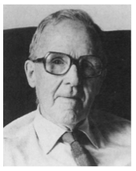
Donald Hebb
|
|
|
neuron doctrine and crossed pathways
|
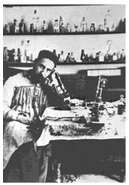
Ramon y Cajal
|
|
|
Mangold-Spemann organizer: gives rise to nervous system
|
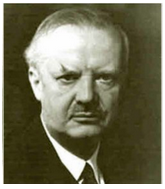
Hilde Mangold and Hans Spemann
|
|
|
cardiovascular expert on Marfan's Syndrome
|
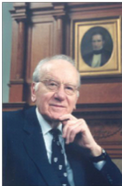
Victor McKusick
|
|
|
function of a synapse
|
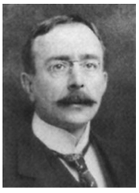
Charles Scott Sherrington
|
|
|
single nerve fiber recordings of sensation
|
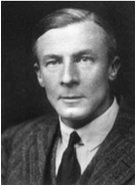
Edgar Douglas Adrian
|
|
|
use of PET
|
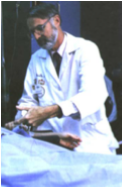
Marcus Raichle
|
|
|
self-stimulation in rats; recreational drugs in the brain
|
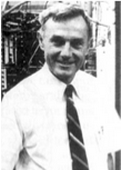
James Olds
|
|
|
compound action potential
|
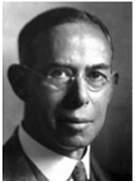
Joseph Erlanger
|
|
|
compound action potential
|
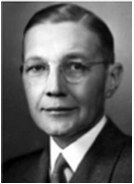
Herbert Spencer Gasser
|
|
|
compound action potential
|
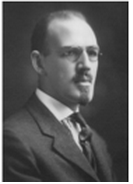
George Bishop
|
|
|
nerve growth factor
|
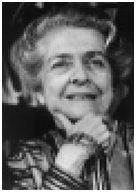
Hamburger, Levi-Montalcini, and Cohen
|
|
|
Olfactory
|
CN I
|
|
|
smells
|
Olfactory cranial nerve
|
|
|
Optic
|
CN II
|
|
|
vision
|
Optic cranial nerve
|
|
|
Oculomotor
|
CN III
|
|
|
most eye movements (blinking, keeping eye open, pupil dilation, etc.)
|
Oculomotor cranial nerve
|
|
|
Trochlear
|
CN IV
|
|
|
up and down eye movements, rotational eye movements
|
Trochlear cranial nerve
|
|
|
Trigeminal
|
CN V
|
|
|
sensation from the face and chewing
|
trigeminal cranial nerve
|
|
|
Abducens
|
CN VI
|
|
|
lateral movements of the eye
|
abducens cranial nerve
|
|
|
Facial
|
CN VII
|
|
|
facial expressions and sense of taste
|
facial cranial nerve
|
|
|
Vestibulocochlear
|
CN VIII
|
|
|
sound, rotation, gravity sensation, and hearing
|
vestibulochochlear cranial nerve
|
|
|
Glossopharyngeal
|
CN IX
|
|
|
sense of taste (back of tongue), movement of stylopharyngeus
|
Glossopharyngeal cranial nerve
|
|
|
Vagus
|
CN X
|
|
|
movement of laryngeal and pharyngeal muscles, controls voice/resonance/soft palate muscles (sensation and movement)
|
Vagus cranial nerve
|
|
|
Accessory
|
CN XI
|
|
|
controls head movement and trapezius muscles
|
Accessory cranial nerve
|
|
|
Hypoglossal
|
CN XII
|
|
|
muscles of the tongue, swallowing and speech
|
hypoglossal cranial nerve
|
|
|
OLd OPie OCcasionally TRies TRIGonometry And Feels VEry GLOomy, VAGUe, And HYPOactive
|
mnemonic for cranial nerves
|
|
|
some say marry money but my brother says big brains matter more
|
mnemonic for cranial nerve type
|

